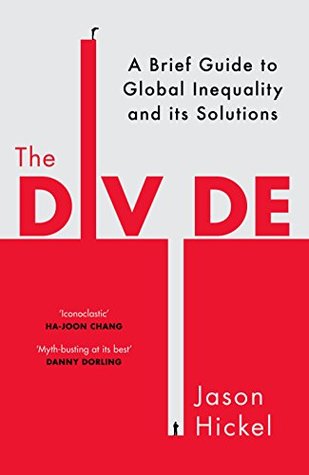Unlike Thomas Sankara, I have never been assassinated for talking against debt; I’m just an academic, not a head of state. But I do find that people get very passionate about the issue. When I teach my students about the history of debt in the global South, even the more progressive ones will insist that the debts should be repaid. After all, the thinking goes, they took out the loans in the first place – so aren’t they obligated to repay? I retort by pointing out that many of the initial loans were taken out by unelected dictators, or that the principal has already been paid off three or four
Unlike Thomas Sankara, I have never been assassinated for talking against debt; I’m just an academic, not a head of state. But I do find that people get very passionate about the issue. When I teach my students about the history of debt in the global South, even the more progressive ones will insist that the debts should be repaid. After all, the thinking goes, they took out the loans in the first place – so aren’t they obligated to repay? I retort by pointing out that many of the initial loans were taken out by unelected dictators, or that the principal has already been paid off three or four times over, or that the economic policies imposed by the lenders failed so it makes sense that they should absorb the loss. But none of this convinces. The feeling that debts have to be repaid is so deeply entrenched in our culture that it is almost impossible to dislodge. It is not just an economic claim, it is a highly moral one. It’s about giving people what they are due. It’s about accepting one’s responsibilities. It’s about fulfilling one’s obligations. Refusing to pay a debt seems like reneging on a promise – it’s just wrong. And this is why debt is so powerful. The anthropologist David Graeber puts it nicely when he says, ‘There’s no better way to justify relations founded on violence, to make such relations seem moral, than by reframing them in the language of debt – above all, because it immediately makes it seem that it’s the victim who’s doing something wrong.’54 There ha...
...more
This highlight has been truncated due to consecutive passage length restrictions.


